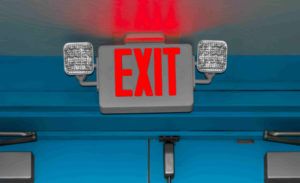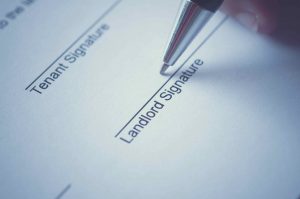When you’re thinking about buying a business, you’re probably focused on where potential businesses are, on the numbers they generate, on the industries you’re considering – but have you considered your eventual exit from your future business? You should.
Here’s why:
The end-game of your business ownership journey should greatly inform the attributes of the business you buy.
Here’s a few examples:
If you’re game plan is to be a serial entrepreneur – who buys businesses with lots of room for growth with the end-goal of selling those businesses to buy another – then you probably shouldn’t buy a well-established and successful business for a high premium. It doesn’t make sense to flip something when there’s probably not much room for profit. Smaller businesses, faltering businesses with poor management or businesses without any current marketing plan would be for you.
Perhaps you are someone looking for a long term investment, a business you might own for 15 or 20 years. The well-established and successful business mentioned in the last example might be the one for you. If staying around is the plan, a business that has already proven it’s staying power would be a good choice. Look for businesses that are community fixtures, have great numbers and a strong location.
If you’re buying a business with an eye on passing that business down to your kids when you retire – then you really should consider the strengths, weaknesses and passions of any successor before you try to force them to take over a business that you alone thought was a good idea. If you’re an accountant, and your adult daughter’s passion is to someday be a professional baker – then buying an accounting firm for her to take over is probably a colossal mistake. You should either buy a business you both could love, or buy your accounting firm with the exit strategy of selling that firm when the time is right so you can help your daughter buy her own bakery.
The message here is you really need to consider what the end game is if you want to have a successful business ownership experience. Talk to your business broker about what you are hoping to get out of business ownership so your exit strategy can inform your buying choices.
Are you thinking about buying a business and never considered the exit strategy? Does one of the buying scenarios above resonate with your long term goals? Talk to us today and get yourself on the road to successful business ownership.
Michael Monnot
941.518.7138
Mike@InfinityBusinessBrokers.com
5111 Ocean Boulevard, Suite E
Siesta Key, FL 34242
www.InfinityBusinessBrokers.com











